The medical field is vast and ever-evolving, with various specialties and subspecialties. One such crucial specialty is cardiology, the study and treatment of heart diseases. With the complexity of cardiology treatments, procedures, and medications, the process of medical billing can be intricate. This guide aims to enlighten readers on the dynamic landscape of cardiology medical billing and underscores the importance of keeping abreast of the newest guidelines.
What Are CPT Codes?
CPT (Current Procedural Terminology) codes are part of the U.S. healthcare system used to denote the medical, surgical, and diagnostic services provided to a patient. These codes are essential for both clinical documentation and medical billing, ensuring that healthcare providers get reimbursed accurately for their services.
The Significance of Cardiology CPT Codes
Precision & Clarity: Cardiology stands out as a highly specialized medical field, encompassing a diverse range of treatments and interventions. Consider procedures such as angioplasties, echocardiograms, or pacemaker insertions; each is unique and requires its distinct CPT code. This system, which meticulously classifies each procedure, is imperative to ensure that billing remains precise. By having a dedicated code for each intervention, the chances of billing errors, misunderstandings, or ambiguities are minimized, offering peace of mind to both healthcare providers and patients.
Fair Reimbursement: In the medical world, the depth of expertise and the complexity of certain procedures vary widely. Cardiology, given its intricate nature, often involves multifaceted interventions that demand high skill levels. Proper coding becomes the backbone of ensuring that cardiologists and their teams are compensated fairly. By assigning a specific CPT code to each procedure, the billing system can accurately capture the effort and expertise involved, guaranteeing that medical professionals receive the remuneration they rightly deserve.
Data & Research: Beyond the immediacy of patient care and billing, CPT codes play a pivotal role in the larger landscape of healthcare research and planning. The uniformity brought about by consistent use of these codes facilitates systematic data collection. For researchers, this data becomes an invaluable resource, aiding in tracking disease patterns, understanding procedure efficacy, and shaping future medical strategies. Moreover, health agencies can harness this data to gauge disease prevalence, leading to more informed healthcare planning and policy formulation.
Continuous Changes in Cardiology Medical Billing
Evolving Treatments & Procedures: Medical science, by its very nature, is in a state of constant evolution. Innovations and breakthroughs pave the way for newer, often more effective, treatments and procedures. As these novel interventions come to the fore, it's crucial that the billing system stays in step. This necessitates the introduction of new CPT codes and the modification of existing ones, ensuring that every procedure, old or new, can be accurately billed.
Regulatory Adjustments: The healthcare sector operates within a framework set by policies and regulations. These guidelines, however, aren't static. As health scenarios, public demands, and policy perspectives shift, there are inevitable adjustments to regulations. These changes can influence how procedures are categorized, coded, and ultimately billed. Staying vigilant about such regulatory changes ensures that medical billing remains compliant and effective.
Accuracy & Fraud Prevention: In the vast domain of medical billing, accuracy is paramount. But alongside ensuring correct billing, there's an equally pressing need to thwart potential fraudulent activities. Periodic reviews and updates to the CPT code system act as a safeguard. By refining codes and introducing newer ones when needed, the system remains robust, minimizing avenues for errors or fraudulent claims.
Why You Should Keep Track
- Financial Implications: Incorrect or outdated codes can lead to denied claims or underpayments, impacting the financial health of a healthcare practice.
- Compliance & Legal Considerations: Staying updated with the latest guidelines ensures that your practice remains compliant, minimizing the risk of legal actions or penalties.
- Enhanced Patient Trust: Transparent and accurate billing enhances the trust between patients and healthcare providers, fostering a stronger doctor-patient relationship.
Best Practices for Staying Updated
- Regular Training: Ensure that your billing team undergoes periodic training sessions to familiarize themselves with the latest changes.
- Professional Associations: Join cardiology and medical billing associations that offer resources, newsletters, and seminars on the latest guidelines.
- Utilize Modern Billing Software: Invest in updated software that automatically integrates new billing codes and regulatory changes, like Adonis.
The dynamism of cardiology CPT codes and medical billing underscores the necessity for cardiologists and their teams to stay updated. A keen eye on changes not only guarantees accurate reimbursement but also upholds the practice's reputation, ensuring its growth and success in the long run. By understanding and implementing the latest guidelines, cardiology practices can thrive in an ever-evolving healthcare landscape.













